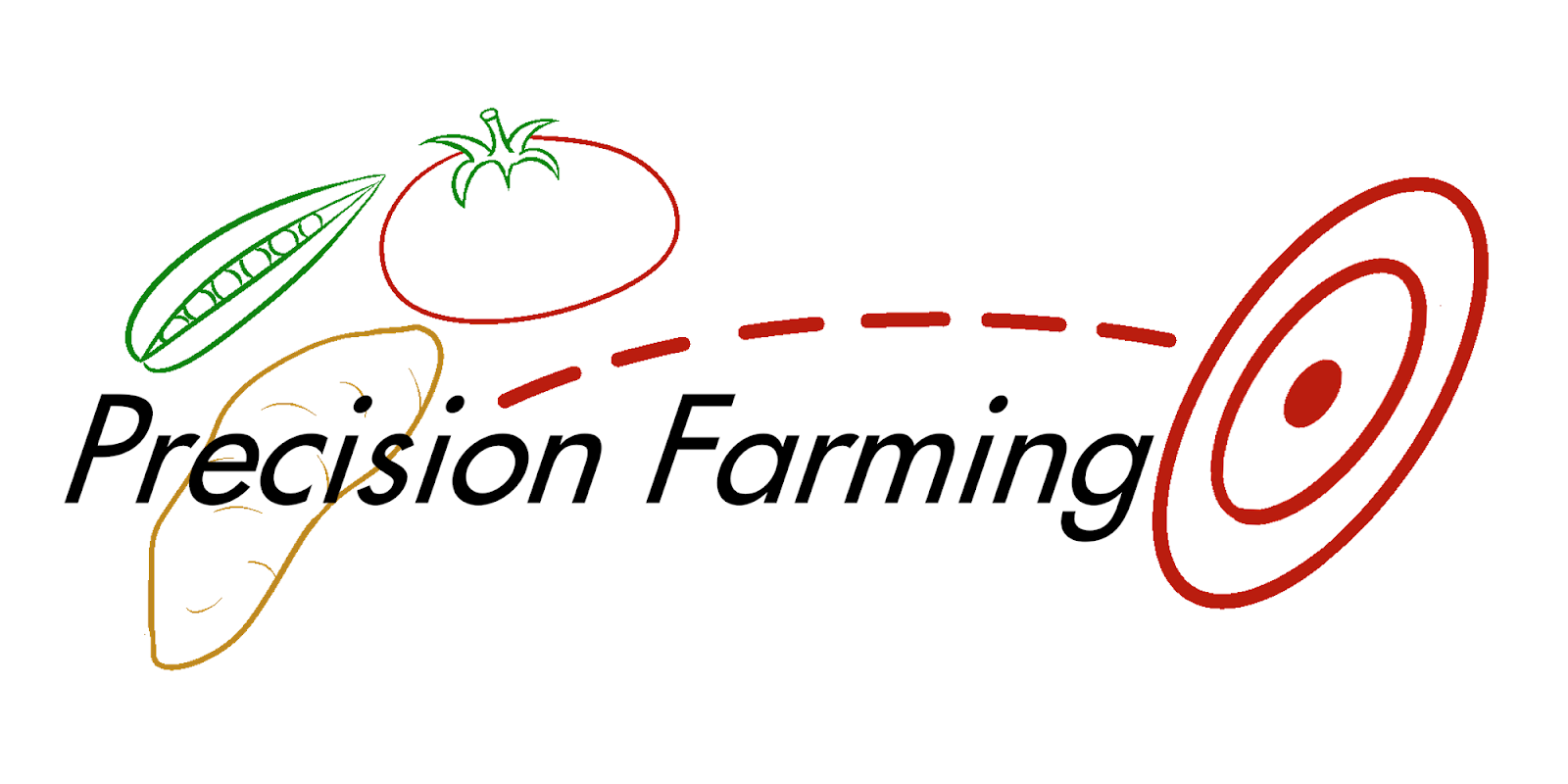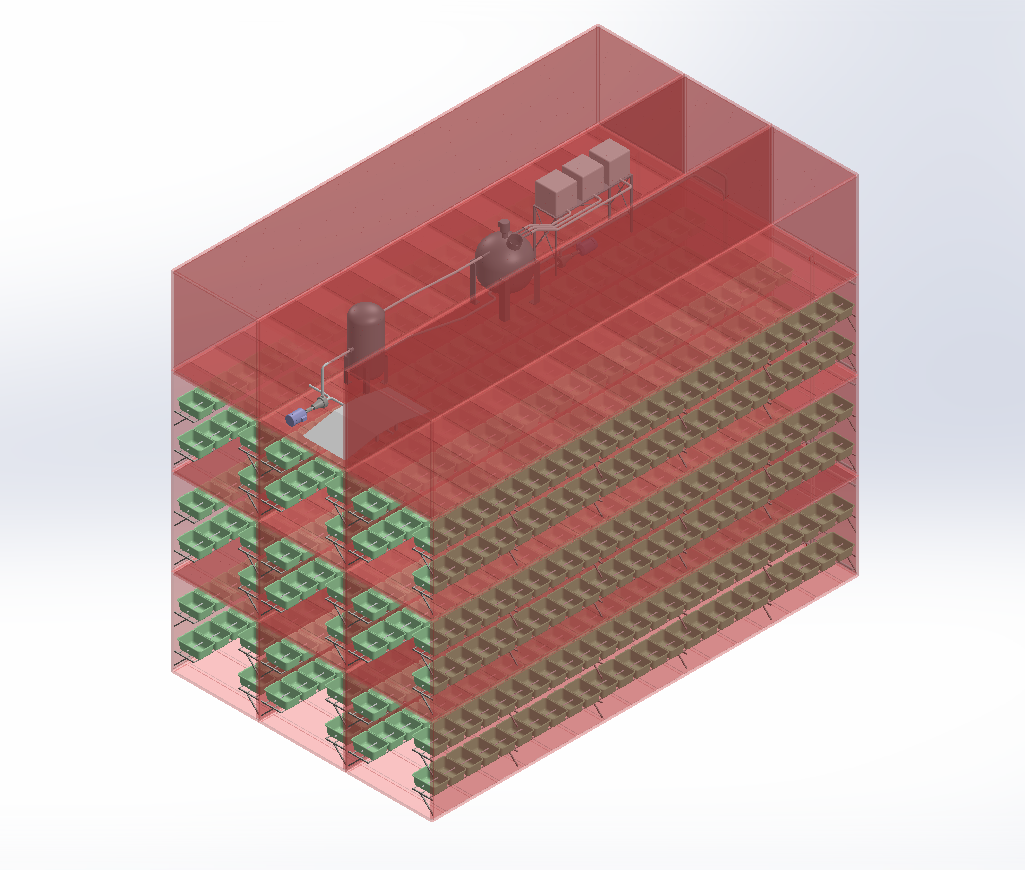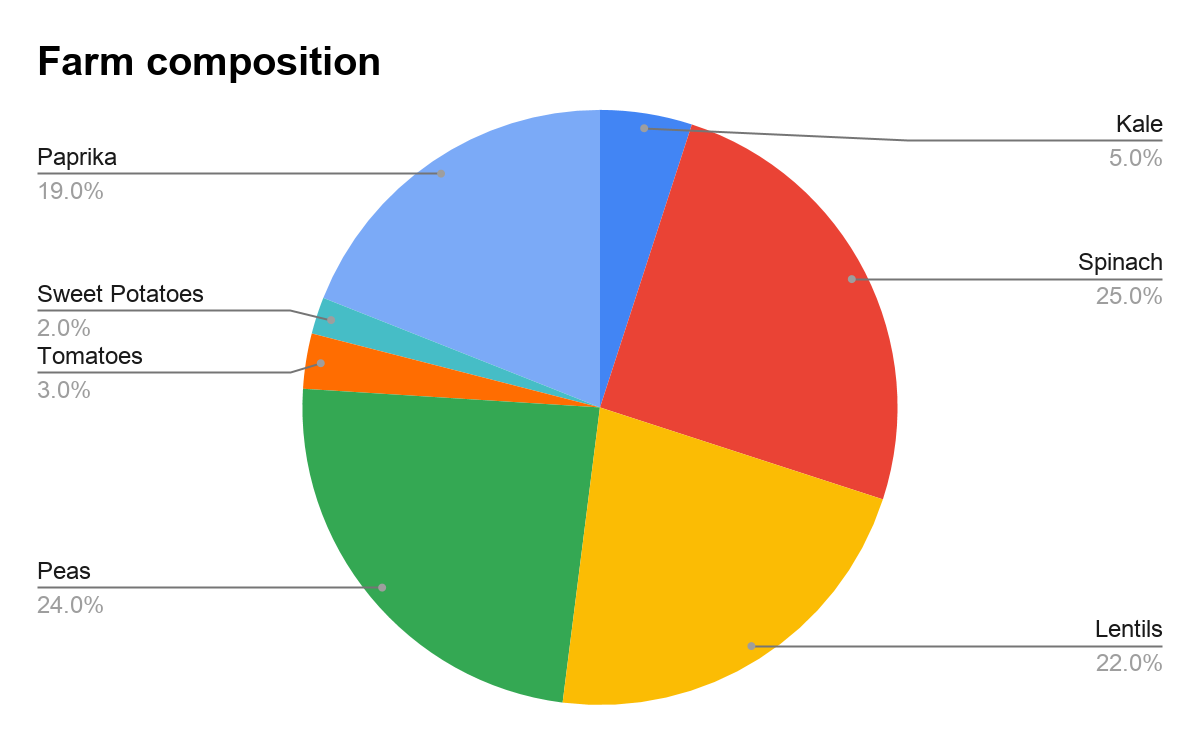
Figure 1

Figure 2

Team 3
Team Members |
Faculty Advisor |
Talha Bhatti |
Dr. Matthew Stuber Sponsor University of Connecticut |
sponsored by
Sponsor Image Not Available
Current farming tactics are not sustainable. Today's industrial farms deplete both the groundwater and the nutrients within soil. This approach to farming cannot meet local food demand in other parts of the world due to the restricting climate and growing season there. Our project offers a solution to these problems by creating a net-zero emission and sustainable farming system for world-wide use. The new farms will meet the dietary needs of people anywhere while remaining a profitable business model that current farmers would be willing to adopt. Instead of soil methods, this project uses aeroponics, which cuts water usage by 98% and nutrient usage by 70%. In addition, the project will use green-energy credits to offset its power use. The project uses upcycled materials, such as shipping containers, in its build to reduce its ecological impact. In addition to having a low carbon footprint, the agriculture system’s controlled climate allows for it to perform in any condition at any time. The project’s model focuses on growing healthy foods to meet dietary needs while offsetting costs with a cash-crop. Also, the project plans to teach others about both the environmental and societal impacts of farming through an outreach program. With the combination of these elements, the world will be one step closer to achieving sustainable food production.
